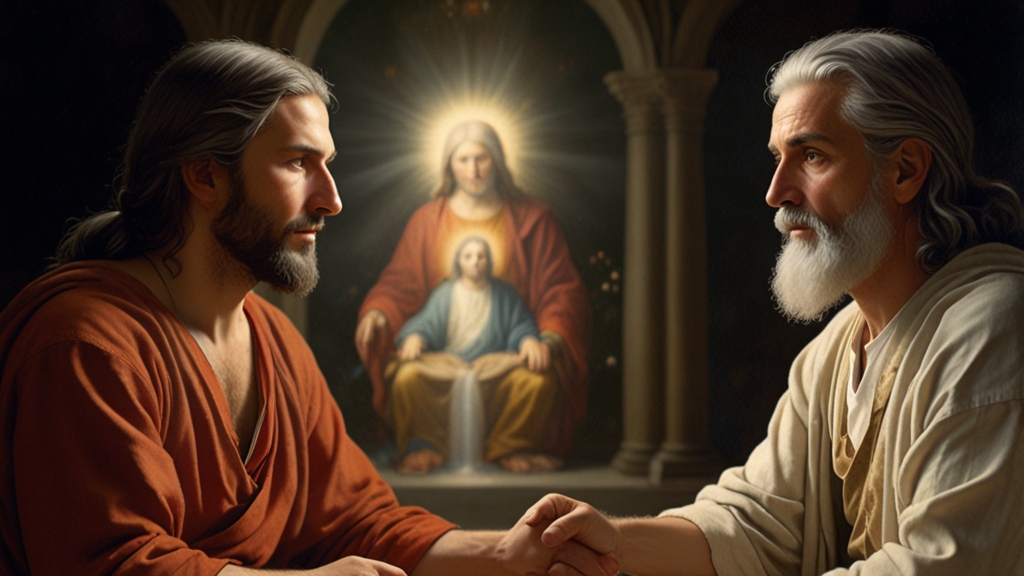The Influence of Greek Theater in Modern Entertainment
Greek theater, originating in ancient Athens around the 5th century BCE, laid the foundation for several forms of performance and storytelling that we recognize in modern entertainment. From the grandiose tragedies that grappled with fate and the divine to the comedic plays that poked fun at societal norms, Greek theater's contributions are evident in today's stage productions, television shows, and films.
Architectural Innovations
One of the most direct influences of Greek theater is visible in the architecture of modern theaters. The ancient Greeks built large open-air theaters called amphitheaters, designed to accommodate thousands of spectators and to ensure that the actors' voices carried throughout the venue. This emphasis on acoustics and sightlines continues to guide the design of modern theatrical spaces, such as arena stages and stadiums, ensuring an immersive experience for the audience.
Tragedy and Comedy: The Dual Nucleus
Greek theater was intrinsically bifurcated into two main genres: tragedy and comedy. Tragedies, such as those written by Sophocles, Aeschylus, and Euripides, delved into human suffering and complex moral issues. The themes of these plays often revolved around the inevitable nature of fate and the flaws of humanity. This fascination with tragic themes persists in today's drama-heavy television series and films, such as "Breaking Bad" and "Game of Thrones," which explore the depths of human fallibility and consequence.
"The tragic hero's journey is perhaps the most enduring legacy of Greek theater, providing a template for countless modern narratives that explore human resilience and existential dilemmas."
On the other hand, Aristophanes and other playwrights popularized comedy, which typically involved slapstick, satire, and farcical elements to critique social norms. Modern sitcoms and comedic films draw heavily from these traditions, using humor to mirror and critique contemporary society. Shows like "Saturday Night Live" carry the torch of satirical commentary, a lineage directly traceable to ancient Greek comedy.
The Role of the Chorus
In Greek theater, the chorus was a vital component, providing background information, commentary, and reflective insights to help the audience understand the unfolding drama. While modern productions might not feature a chorus in the traditional sense, the concept has evolved into various narrative devices. Voiceovers, background score, and even the role of a narrator in films serve as the modern chorus, guiding the audience through the narrative and enhancing their emotional experience.
Mythology and Archetypes
Greek mythology and archetypal characters have left a significant mark on modern storytelling. Mythological figures such as Zeus, Hercules, and Medusa appear frequently in contemporary literature, films, and video games. These mythological stories provide a shared cultural foundation that creators continue to draw from, seen in movies like "Clash of the Titans" or the resurgence of superhero tales that echo the heroic archetypes common in Greek myth.
"Today's entertainment industry owes a profound debt to the rich tapestry of Greek mythology, as it provides an inexhaustible source of inspiration for characters and plotlines that resonate with diverse audiences."
Legacy in Performance Techniques
The techniques and conventions established by Greek theater have also persisted in acting and direction. The use of masks in ancient Greek plays to denote different characters and emotions finds a modern parallel in the exaggerated performances and makeup used in genres like kabuki and Peking opera. The concept of the "fourth wall," which the Greek performers consistently acknowledged, is a device still played with in modern theater and cinema, as seen in works like "Deadpool" and "Fleabag."
Conclusion
In many ways, the essence of Greek theater endures, reminding us that foundational storytelling and performance practices have a timeless quality. The themes, structures, and techniques first developed in ancient Athens continue to evolve and resonate, underscoring the profound and lasting impact Greek theater has had on modern entertainment.









